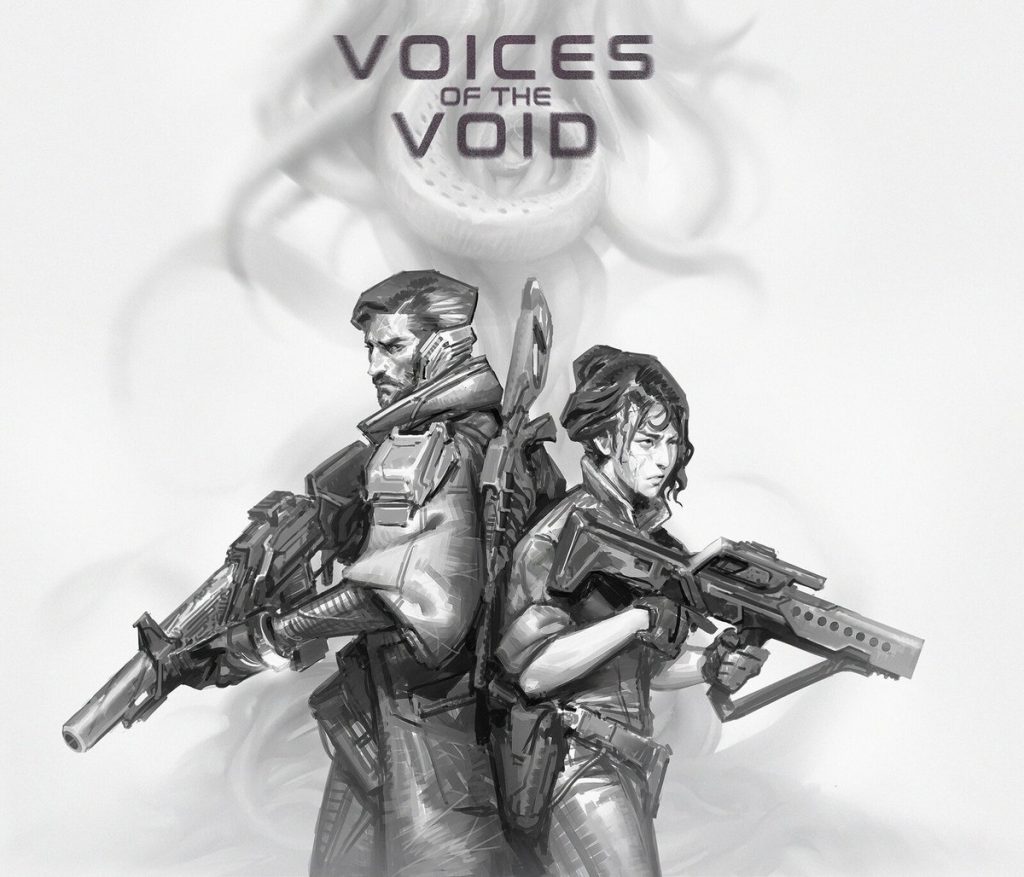A new Star Wars movie came out recently – another piece of weird corporate fan-fiction with the creator happily disinvited from participation – and I noticed something:
People (mostly my facebook friends) were posting about seeing the movie, but with an odd sentiment attached to it – the use of the word “nerd.”
“Getting my nerd on.”
“Time to let loose my inner nerd.”
“Time to be a bit nerdy.”
Let me say, there is absolutely nothing nerdy about going to see a movie in the most popular film franchise in the history of humanity. It is decidedly a normal thing to do.
This points to something deeper, though – the propagation of the idea of “nerd-chic” and the corporate commandeering of the very idea of “nerdiness” for marketing purposes. Being a “nerd” is used to identify oneself (or more appropriately, a corporation to identify a target) as being part of a distinct group or identity. In effect, to tell somebody they are “special” for liking something.
Star Wars is just the most dissonant example of this conflict – there is nothing special about liking Star Wars. Honestly, there is really nothing special about disliking Star Wars, either.
The point is to message to the target:
You are special because you like something special! You can be special by buying this special thing!
The thing about “nerd” though is that, as an identity, it is entirely artificial. “Nerd” is a slur – a put-down or, for lack of a better descriptor, a hate term. It was used by the normal folks to classify awkward outcasts who couldn’t mix in. Nerds are annoying. Nerds are creepy. Nerds are perverts and dishonest tricksters. Nerds think they are smarter than they are. “Revenge of the Nerds” got everything right except who were the bad guys.
“Nerd-Chic” is the equivalent of “Creep-chic” or “Autism-chic.” It makes no sense. There is no “style” to being a true nerd except that it is awkwardly off from any other continuum. The modern Nerd-dress of Star Wars shirt, black plastic glasses, cheap sneakers, colorful hair, and equally colorful tattoos is entirely constructed – that is, it is artificial and not “found in the wild.”
You don’t actually want to be a nerd.
You don’t necessarily want to be a “Geek,” either, but the reality is that “geekiness” is much more about (to me, anyway) really enjoying being into something than it is about having an “identity” called “Geek.” You can be a metal geek, a DnD geek, or even a gun geek. Each of these things will have a different crowd and possibly different dress – all quite different from the modern “nerd.” I consider these terms distinct.
Just as an aside, Nassim Taleb is one of the few big personalities I see correctly using the word “nerd” – always as an insult.
Like Star Wars? Great! Don’t like it? That’s ok, too. Either way, you might like my latest scifi-horror book (sequel coming this year), Voices of the Void. I like to call it “Aliens meets Lovecraft,” but it has its own flavor as well.






Whether or not it’s “correct,” growing up I always heard the term used to describe someone who was smart, probably not into pop culture, and therefore perceived to be uncool.
So it had a positive meaning in my family.
That said, there is nothing nerdy in any sense of the word about being into popular franchises and I see the term being misapplied or misappropriated regardless of the sense it’s meant in.